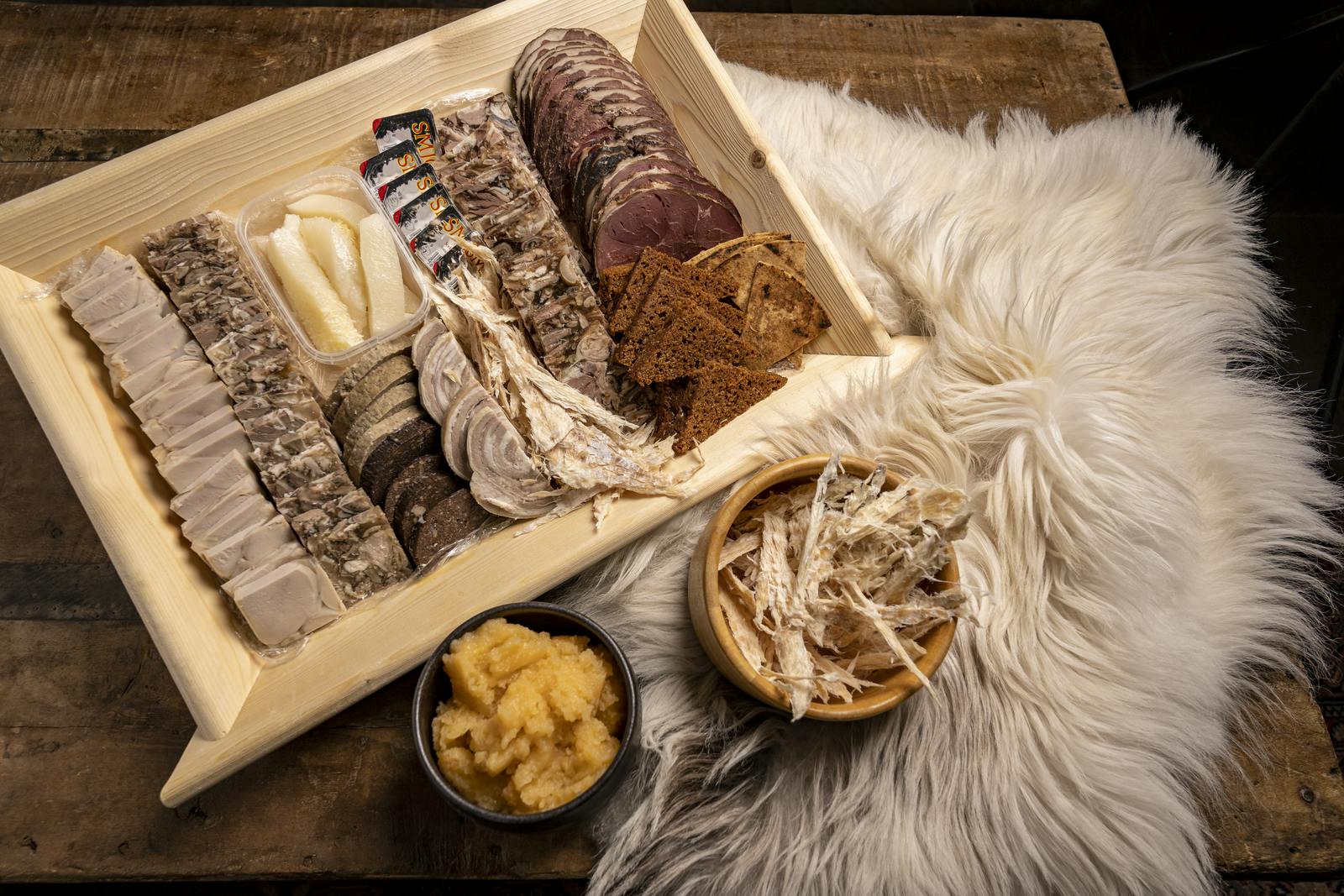
Your Guide to Traditional Icelandic Food
Learn About Traditional Icelandic Food
When visiting Iceland, exploring the local food scene is a must-do activity. From bustling food halls to cosy cafes and fine dining restaurants, there's something for every palate and budget. Head to Reykjavik's Old Harbour area to sample fresh seafood dishes, or embark on a culinary tour of the Golden Circle, stopping at local farms and eateries along the way. And for a truly unique dining experience, why not enjoy a traditional Icelandic feast cooked using geothermal heat in a rustic hot spring?
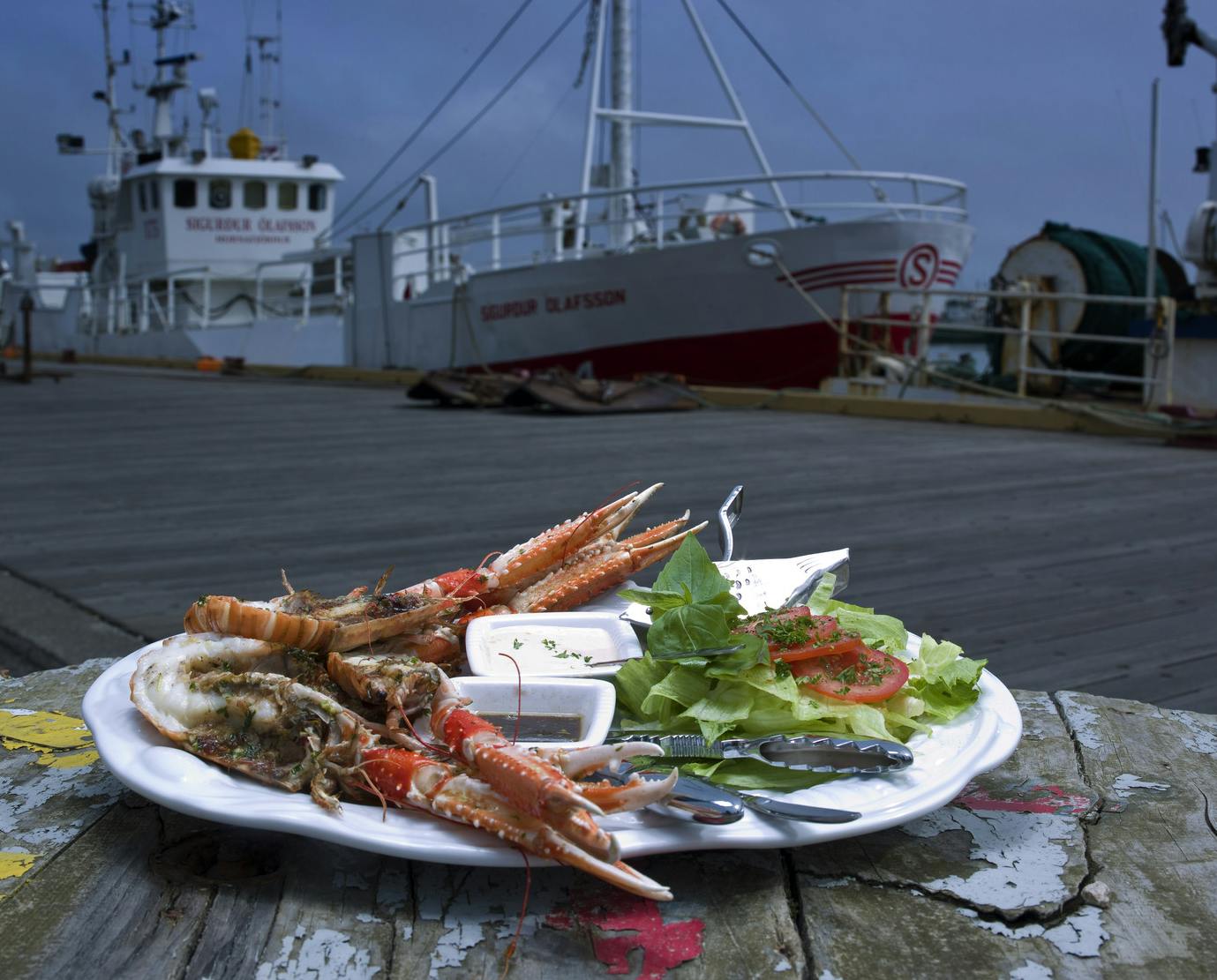
Learn more about Icelandic Culture and Nature at Perlan Museum in the centre of Reykjavík. Here, you can dive deeper into every aspect of what Iceland’s wonders have to offer. This interactive museum is a great experience for all ages, giving you a unique opportunity to experience Iceland in one place. Read more about the exhibitions Perlan Museum has to offer here.
Þorramatur
Þorramatur, a traditional Icelandic feast, is celebrated during the midwinter festival called Þorrablót. This culinary tradition showcases an array of unique dishes, often preserved or fermented, offering a taste of Iceland's culinary heritage.
Common dishes include hákarl (fermented shark), svið (sheep's head), hangikjöt (smoked lamb), and pickled herring. Accompaniments may include rúgbrauð (rye bread) and brennivín (Icelandic schnapps). While Þorramatur reflects Iceland's historical reliance on preserved foods for survival during harsh winters, it is also a cultural event where locals and visitors gather to celebrate Icelandic traditions and cuisine.
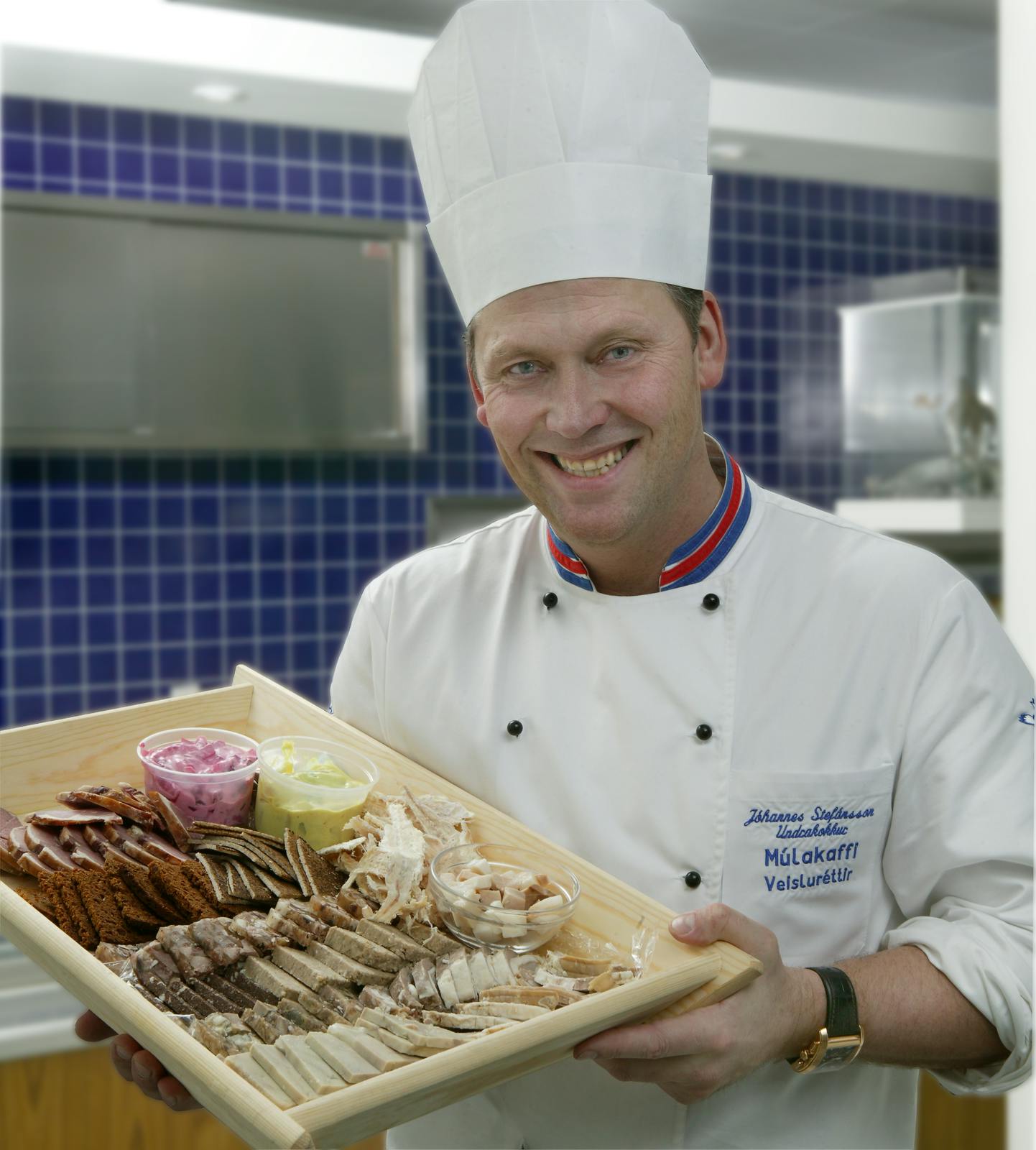
Lamb
Central to Icelandic cuisine is the prized Icelandic lamb, celebrated for its exceptional quality and flavour. Raised on the country's lush pastures and fed on wild herbs and grasses, Icelandic lamb boasts tender meat with a delicate, sweet taste. From succulent lamb chops to hearty lamb stew, this versatile meat is featured in a variety of dishes across Iceland, reflecting the deep connection between food and nature in Icelandic culture.
Icelandic Hot Dogs (or pylsur)
Reykjavik's culinary scene wouldn't be complete without a visit to Bæjarins Beztu Pylsur, a hot dog stand that has been a local institution for over 60 years. These iconic Icelandic hot dogs are made from a unique blend of beef, lamb, and pork, offering a savoury and satisfying taste experience.
Order yours eina með öllu, or with everything, to enjoy the full flavour profile, complete with crunchy deep-fried onions, raw onions, sweet brown mustard, and a creamy remoulade. Whether you're a tourist or a local, a visit to Bæjarins Beztu Pylsur is a must for any food enthusiast in Reykjavik.
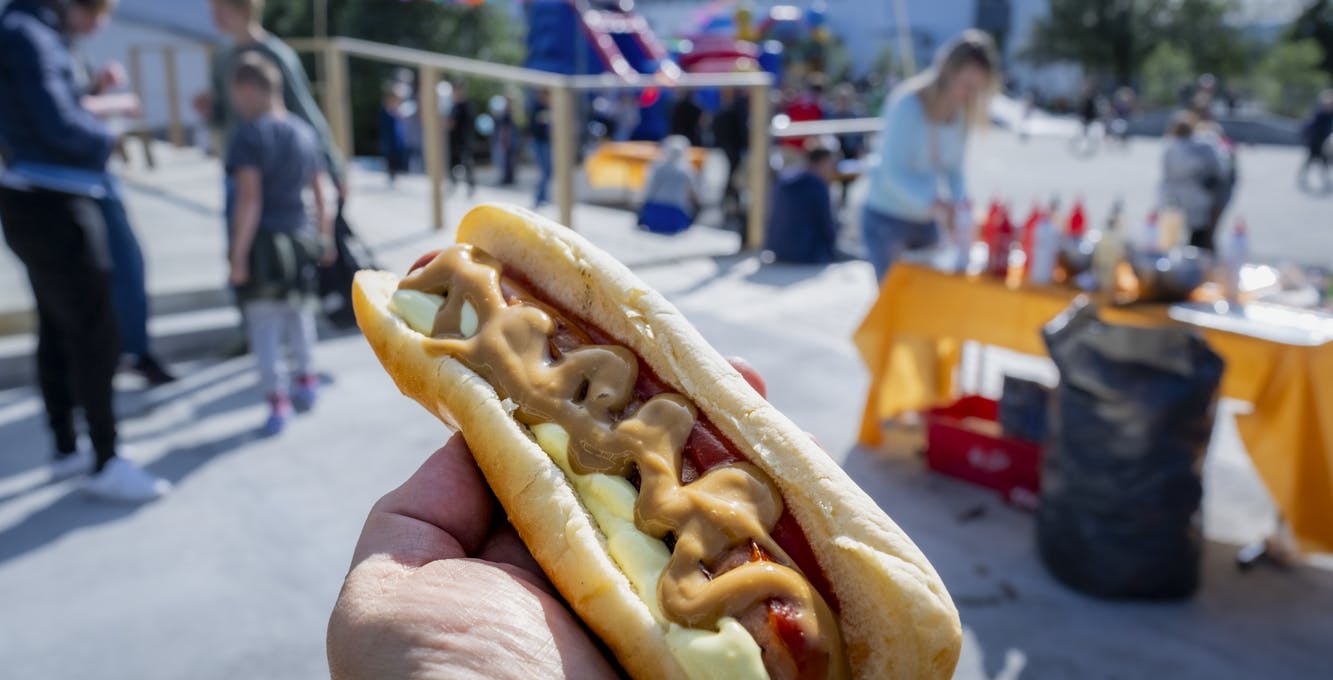
Skyr
To truly eat like a local in Iceland, you must try skyr, a thick and creamy dairy product that holds a special place in Icelandic cuisine. Resembling a marriage between yoghurt and cottage cheese, skyr is made from pasteurised skim milk and a bacteria culture similar to yoghurt, resulting in a tangy and indulgent flavour profile. Often served with cream and tart berry jam, skyr is a versatile delicacy enjoyed by locals and visitors alike.
Seafood
With its rich coastal waters teeming with fresh fish, seafood plays a prominent role in Icelandic cuisine. From cod and salmon to langoustines and haddock, Iceland offers an abundance of seafood options for discerning palates. Whether enjoyed in a hearty fish stew or served as a gratinated delicacy, seafood showcases the country's culinary prowess and commitment to quality ingredients.
Plokkfiskur
Plokkfiskur, a comforting Icelandic fish stew, blends tender pieces of cod or haddock with potatoes, onions, and a creamy béchamel sauce. A hearty and satisfying dish, it warms the soul on cold Icelandic nights. Plokkfiskur is a beloved favourite among locals and visitors alike, offering a taste of traditional Icelandic comfort food.
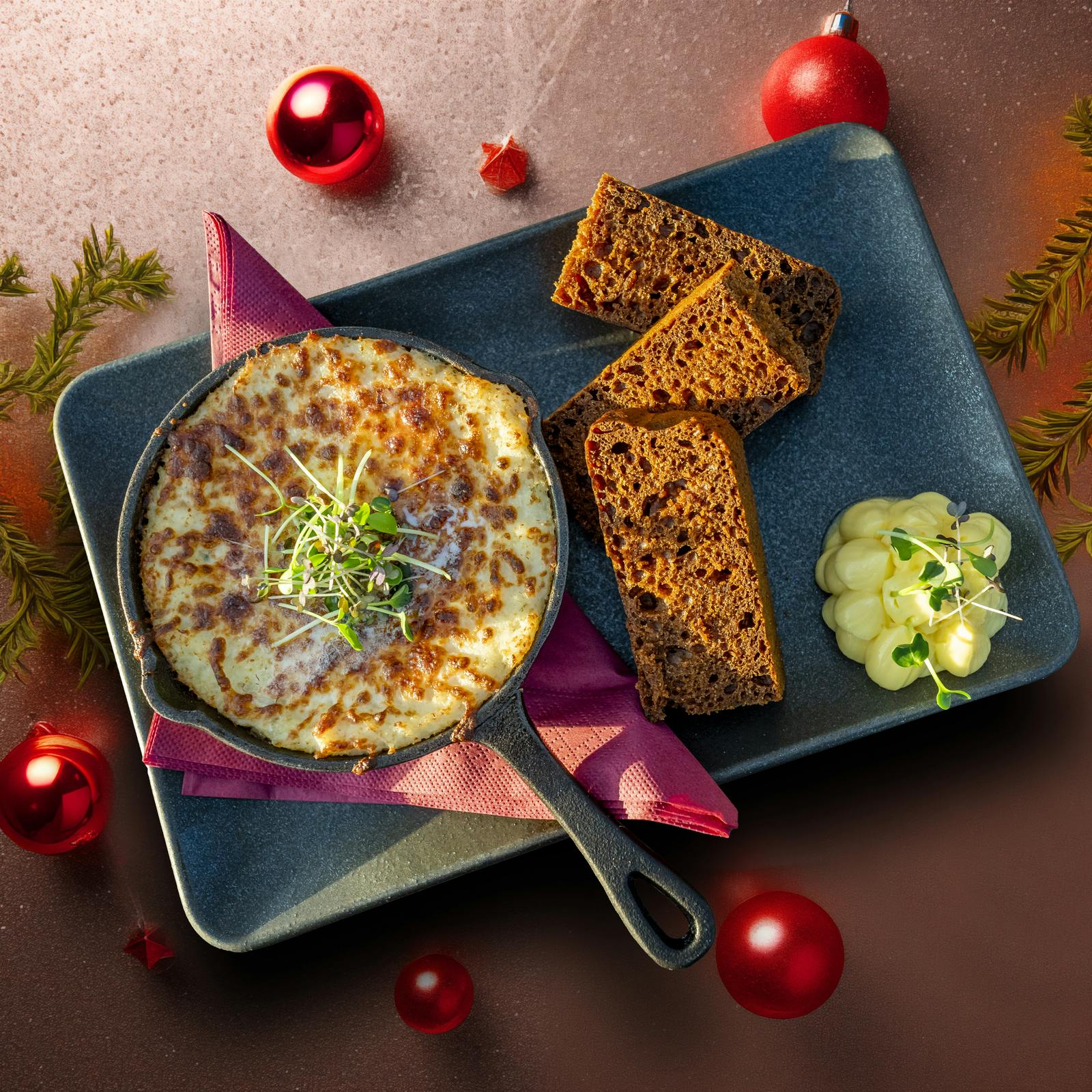
Hákarl, or Fermented Shark
While not for the faint of heart, hákarl, or fermented shark, is a quintessential part of Icelandic culinary heritage. Once a necessity for survival during harsh winters, hákarl is now enjoyed as a cultural delicacy, albeit an acquired taste. Fermented with vinegar and other natural ingredients, hákarl is often paired with a shot of brennivín, a potent schnapps, to help temper its strong flavour and aroma. Despite its challenging reputation, hákarl remains an emblematic dish of Icelandic cuisine, offering a glimpse into the country's culinary traditions.
Ice Cream and Cheese
Despite Iceland's chilly climate, ice cream holds a special place in the hearts of locals, enjoyed year-round as a beloved treat. From classic vanilla gelato to innovative flavours like Turkish pepper and black liquorice, Reykjavik boasts an array of ice cream shops catering to every taste preference. For a taste of Icelandic tradition, don't miss out on rye-bread ice cream, a unique flavour featuring the country's famed rye bread. Pair your ice cream with a slice of creamy Icelandic cheese for a truly indulgent experience.
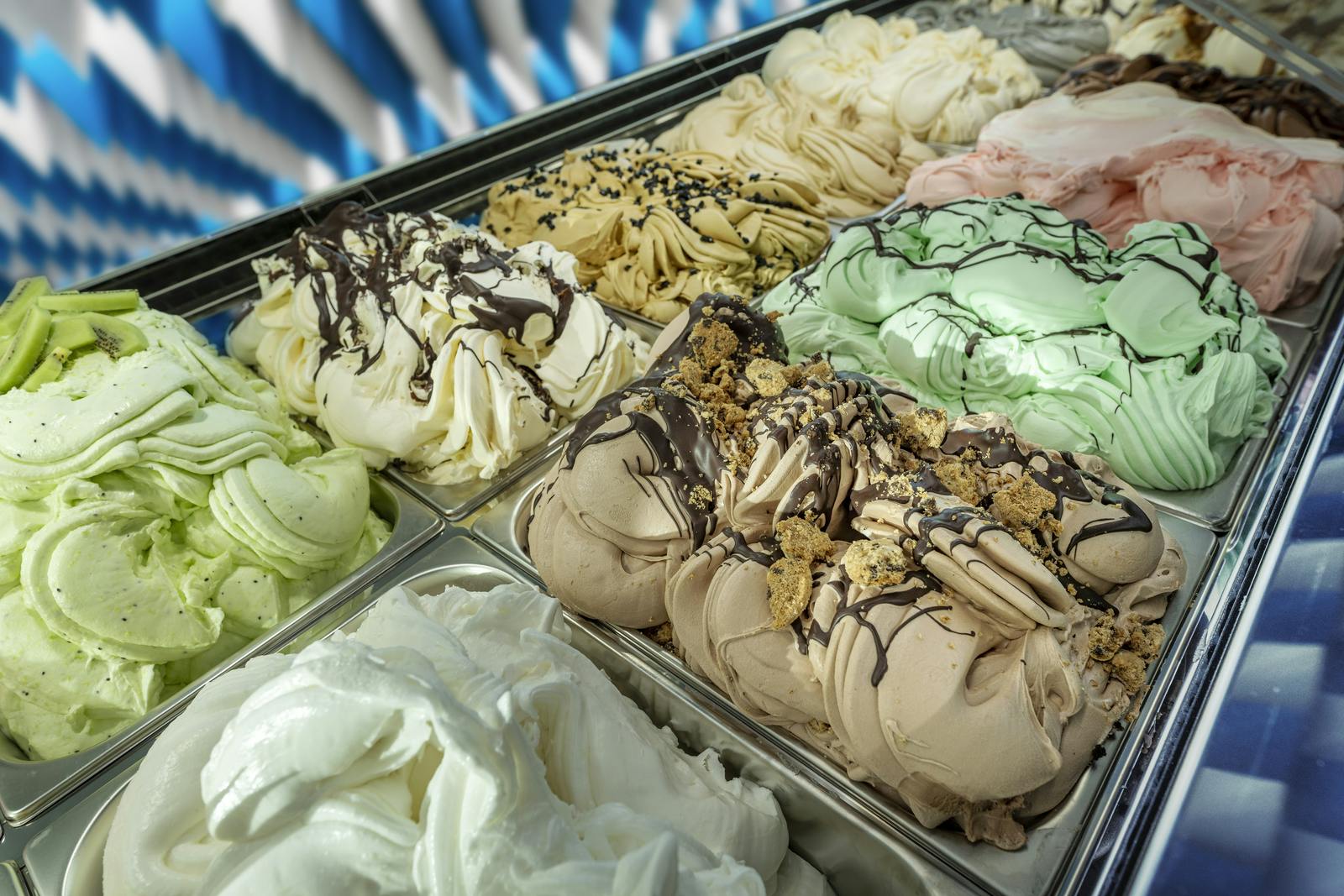
Snúður
A beloved pastry in Icelandic cuisine, snúður is akin to a chocolate-covered cinnamon roll, boasting a generous coating of thick icing atop a fluffy bun. Popular among locals and tourists alike, snúður can be found at bakeries like Brauð & Co., where it is offered in three delicious varieties. As just one example of Iceland's diverse dessert offerings, snúður showcases the country's penchant for sweet treats and innovative pastry creations. Read more about our favourite bakeries in Reykjavík here.
Rye Bread (and Butter)
Icelandic rye bread, or rúgbrauð, holds a cherished place in Icelandic cuisine, revered for its dense texture and sweet flavour. Traditionally baked underground using geothermal heat, rye bread is a staple in Icelandic households, enjoyed with creamy butter and crunchy lava salt. While there are many ways to enjoy rye bread, locals insist that the best is made using traditional methods, such as those practised at Laugarvatn Wellness Resort and Geothermal Bakery. Whether enjoyed fresh from the oven or served alongside Icelandic butter, rye bread is a culinary delight not to be missed.
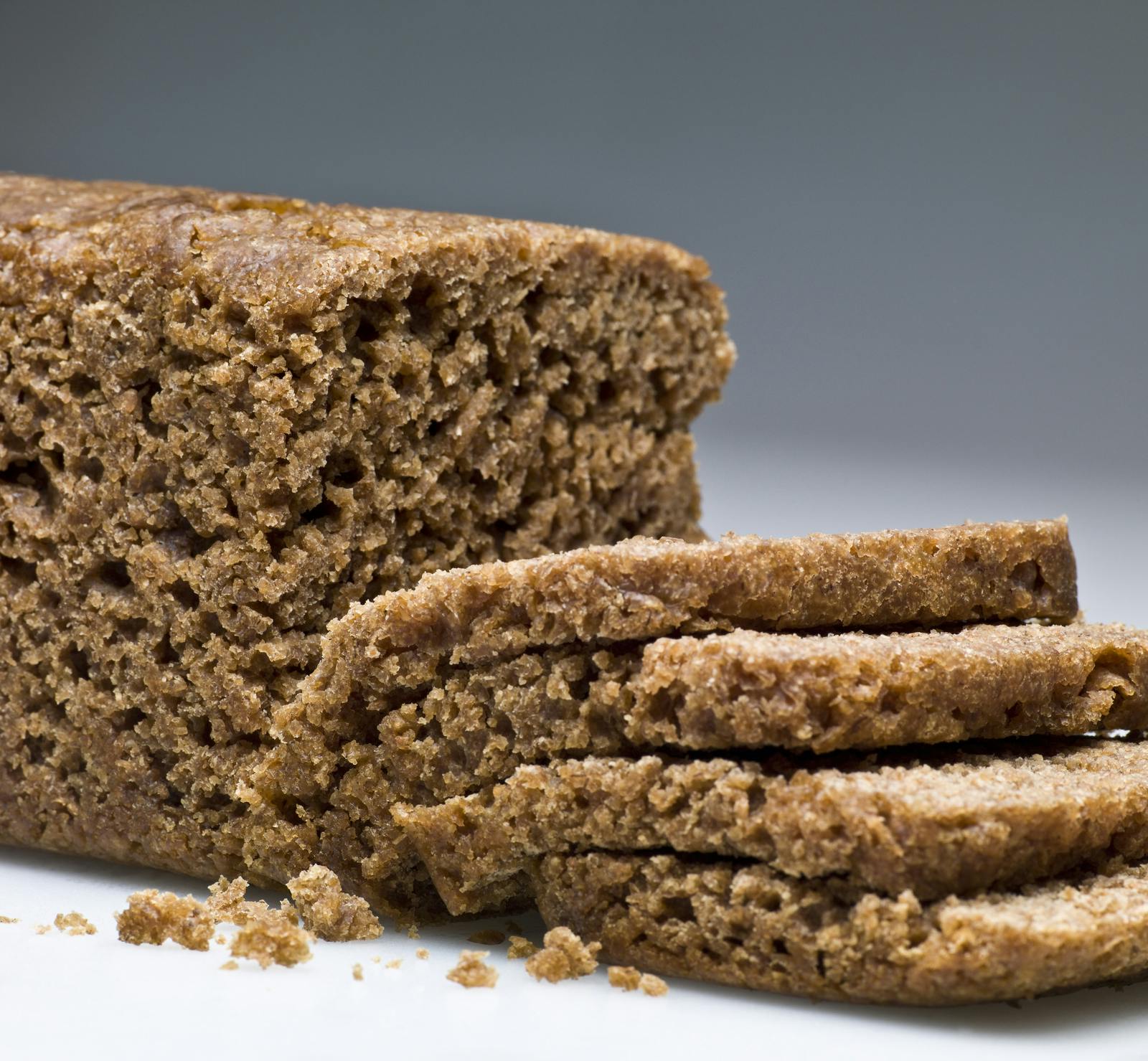
Hangikjöt
During the festive season, visitors to Iceland have the opportunity to try hangikjöt, a traditional Icelandic dish served during Christmas celebrations. Made from smoked lamb, hangikjöt is boiled and served in slices alongside potatoes, green peas, and traditional flatbread. While its origins may be unconventional, with lamb being smoked using dried animal waste, hangikjöt remains a beloved part of Icelandic holiday traditions, offering a savoury and satisfying taste of the season.
Svið
For the adventurous eater, svið offers a unique taste of Icelandic culinary tradition. Made from the sheep's head, svið is prepared by splitting the head in half, removing the brain, singeing off the fur, and boiling it for several hours. Served with sides of mashed turnips or potatoes and rhubarb jelly, svið offers a variety of textures and flavours, ranging from the tender tongue to the savoury eyeball. While not for everyone, svið remains a cultural delicacy enjoyed during traditional Icelandic celebrations like Þorrablót, offering a taste of the country's rich culinary heritage.
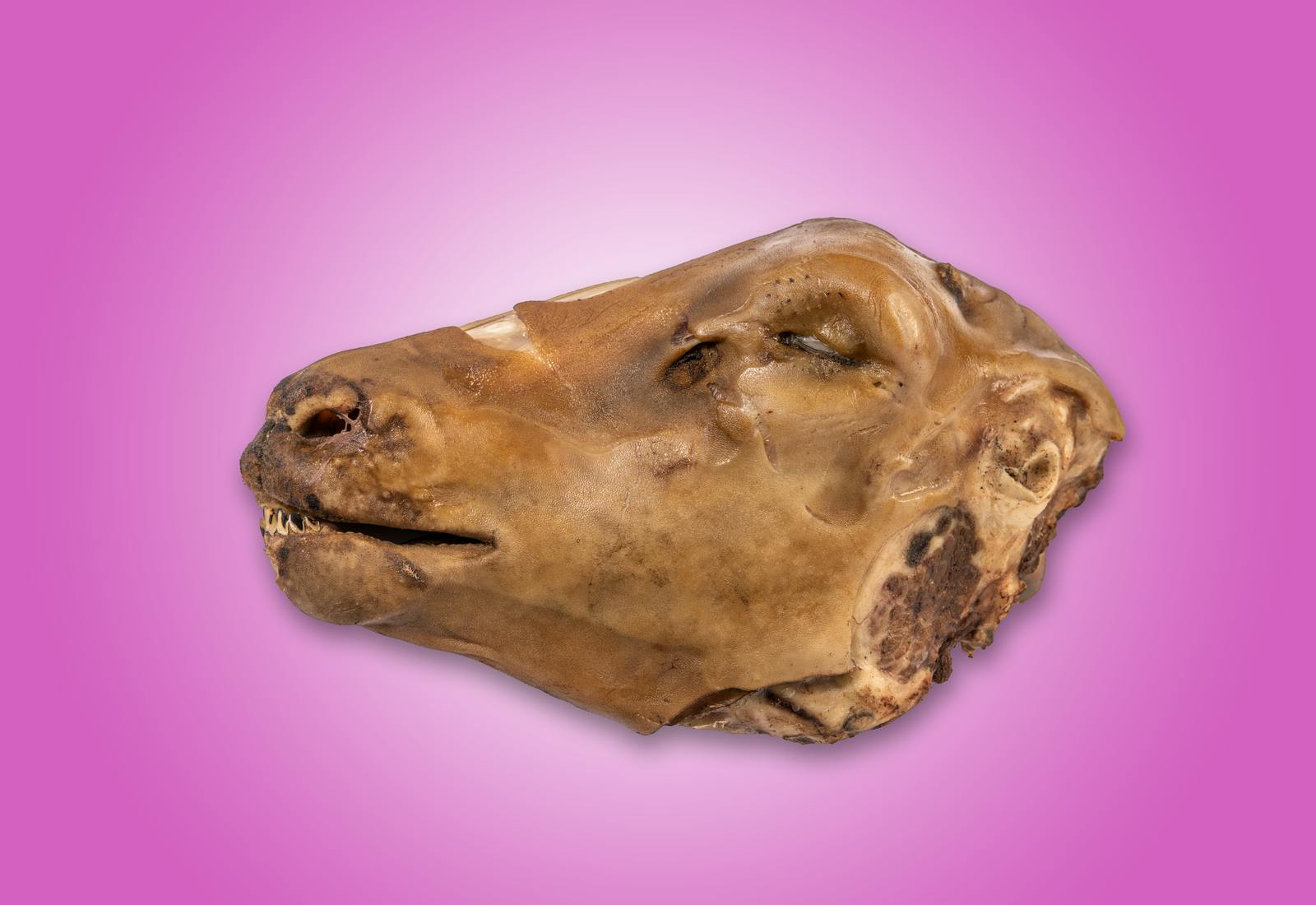
Traditional Icelandic Food FAQ
What is Traditional Icelandic Food?
Traditional Icelandic food encompasses a rich tapestry of flavours, reflecting the country's unique landscape and culinary heritage. From hearty stews like plokkfiskur to delicacies like skyr and rúgbrauð (rye bread), Icelandic cuisine offers a diverse array of dishes that celebrate local ingredients and traditions. Read more about it in the article above.
What is Iceland’s National Dish?
Iceland's national dish is Þorramatur, a traditional Icelandic feast served during the midwinter festival known as Þorrablót. This feast typically includes an assortment of traditional dishes such as hákarl (fermented shark), svið (sheep's head), and hangikjöt (smoked lamb), showcasing the country's culinary heritage.
Is Whale Traditional Icelandic Food?
Whale meat has been consumed in Iceland for centuries and was historically an important part of the Icelandic diet. While it is considered traditional in some contexts, modern attitudes towards whaling and conservation have led to debates surrounding its consumption. Today, whale meat is less commonly consumed in Iceland, primarily due to international pressure and changing attitudes towards conservation.







